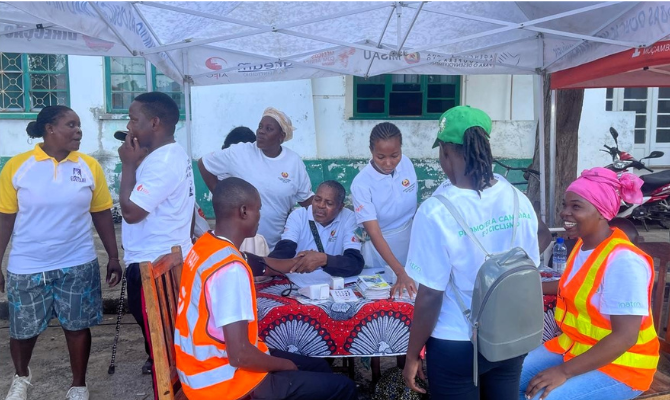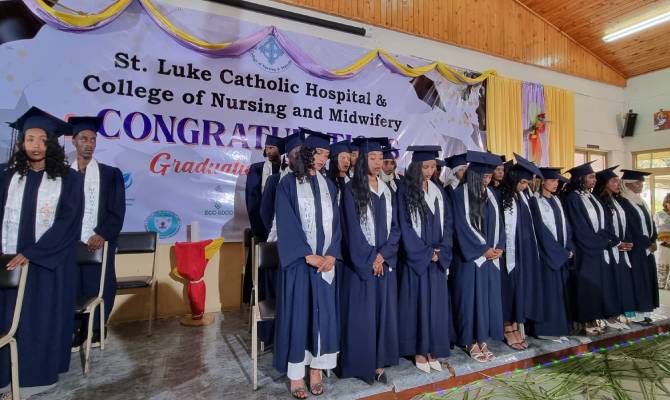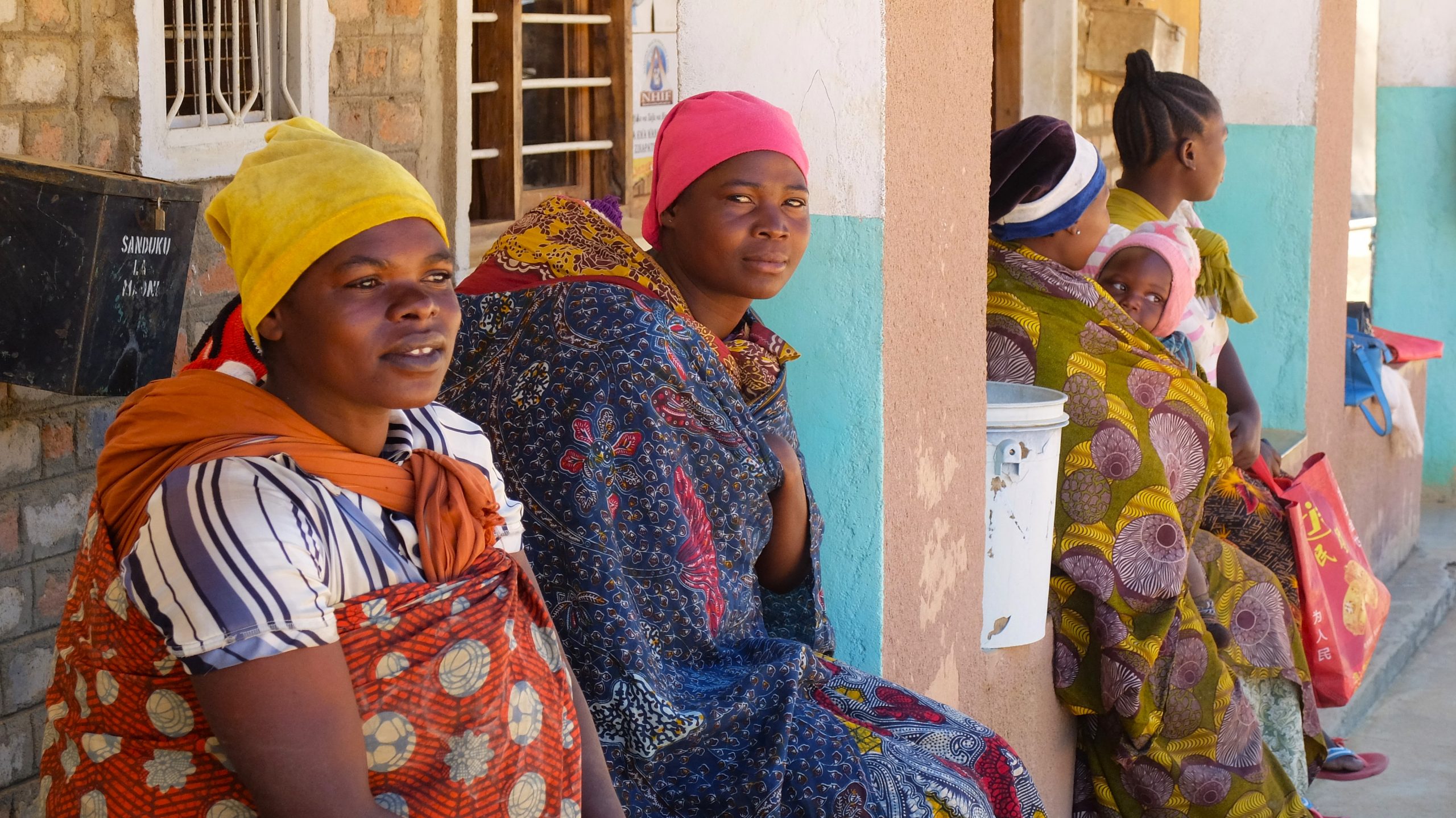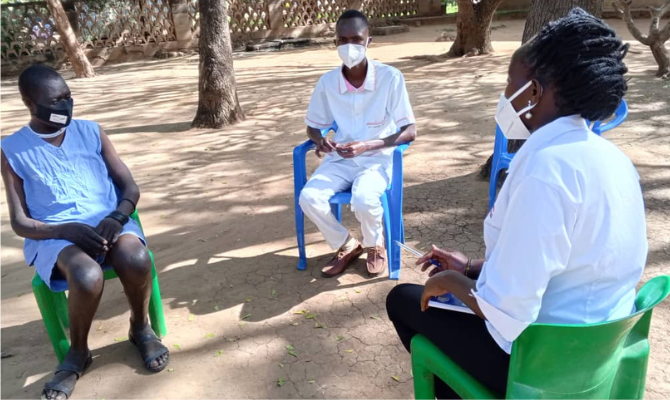Nearly 250,000 screenings for hypertension carried out, more than 8,000 for diabetes, and more than 23,000 for cervical cancer, helping to identify more than 8,000 new cases, now being taken up in the health units involved under the “Prevention and Control of Non-communicable Diseases” intervention.
Launched in January 2024, the project led by Doctors with Africa CUAMM, in partnership with AIFO and Community of Sant’Egidio-ACAP, is currently underway in the provinces of Maputo, Sofala and Zambézia. The initiative, funded by the Italian Agency for Development Cooperation (AICS) and carried out in close collaboration with the Mozambican Ministry of Health (MISAU), aims to strengthen, in a sustainable way, the capacity of the national health system in responding to the growing challenges posed by chronic non-communicable diseases, with a priority focus on hypertension, diabetes and cervical cancer.
Activities take place in 20 health units operating in urban, semi-urban, and rural settings, including 2 regional referral hospitals. Through an integrated and inclusive approach, the intervention focuses on prevention, expanding access to health services, and strengthening the skills of health workers and community agents, particularly for early diagnosis, caretaking, and monitoring of patients. 56 maternal and child health nurses (ESMI) were trained in the three provinces involved, with support from local health authorities and MISAU. Also at the community level, the project invested in training more than 170 health activists and community agents to strengthen awareness and continuity of care.
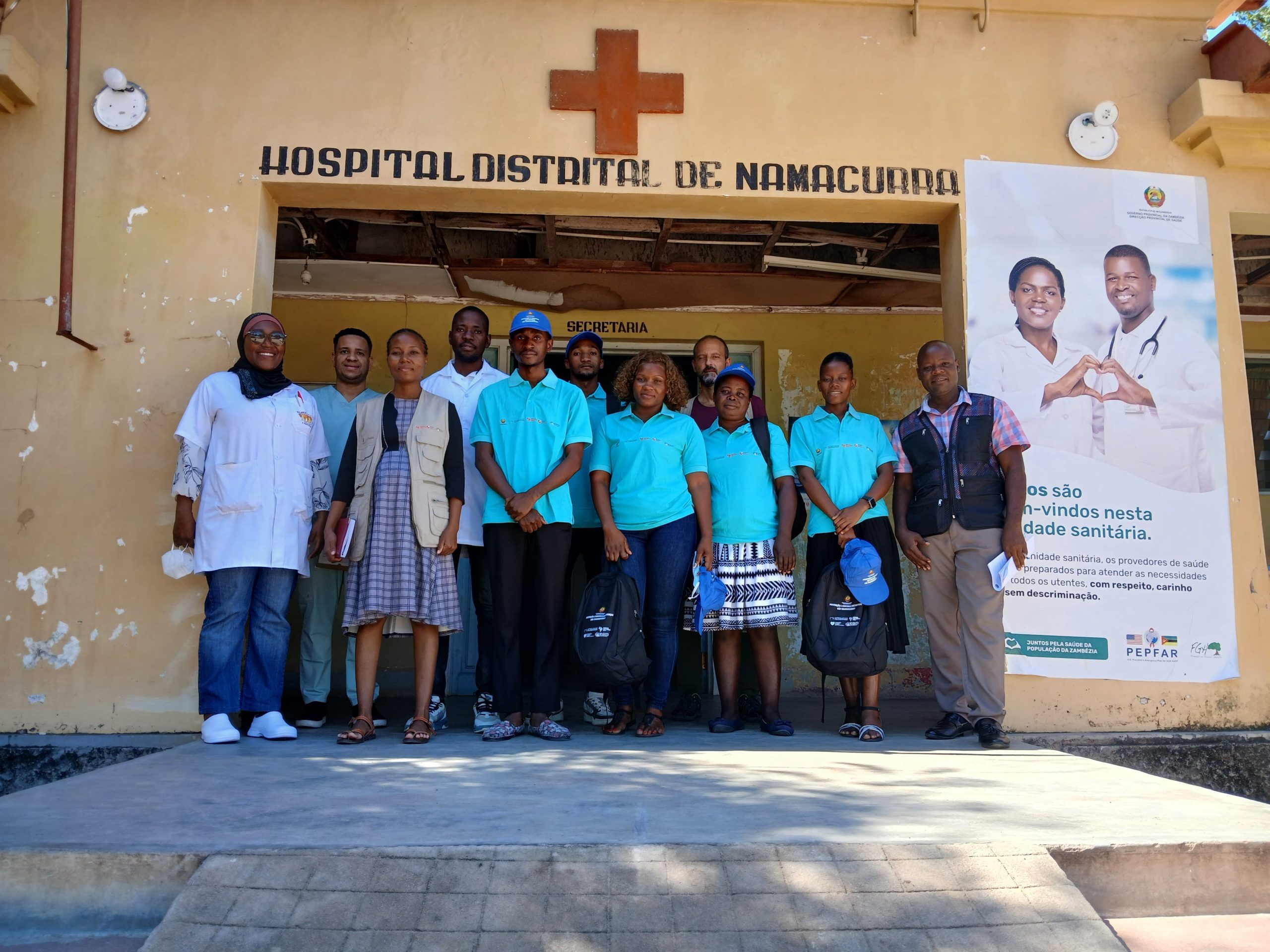
Alongside these actions, particular emphasis is placed on the inclusion of people with disabilities through specific interventions that promote physical, informational and cultural accessibility within health facilities and in the services offered. Overall, the outreach activities carried out between 2024 and 2025 reached nearly 80,000 people, and the involvement of more than 1,000 people with disabilities. This is an extensive work that aims to improve promote prevention and information even in the most remote areas.
“This project demonstrates that even in the most fragile contexts it is possible to build robust and inclusive health pathways, as long as we invest in people, training and listening to communities,” says Giuseppe Venditti, CUAMM Project Manager.
An initiative that is therefore outlined as a path shared with local and national health institutions, and with the active involvement of communities, to help build a more resilient territorial health system, capable of responding effectively to the needs of the population, particularly the most vulnerable.
Concrete efforts continue to promote a vision of public health centred on equity, accessibility and participation in the hope of making the right to health a closer reality for all.

